A recent survey shows widespread support in the UK for formal apologies and reparations to descendants of enslaved people. This indicates a growing acknowledgement of historical injustices and calls for reconciliation. Here’s the full story.
Long and Sordid History

The United Kingdom has a long and sordid history of being involved with the Trans-Atalantic Slave Trade.
Vast Amounts of Money

The UK government made vast amounts of money from the taxation of individuals who made their fortune in the trade of human beings.
Short Sighted History

However, very little attention has historically been paid to the horrors of slavery, with little mention of it in the curriculum of UK schools, preferring to ignore the crimes of the Empire to focus more on the relatively more recent victories of the country in fighting fascism.
Public Attitudes

Despite this lack of general knowledge of the UK’s involvement in slavery, a recent survey has shed light on the UK public’s attitudes to apologies and reparations for Caribbean nations and descendants of enslaved people.
Formal Apologies and Financial Compensation

Released on the UN International Day of Remembrance of the Victims of Slavery and the Transatlantic Slave Trade, the survey unveils significant support for formal apologies and financial compensation from various entities implicated in historical exploitation.
Formal Apology
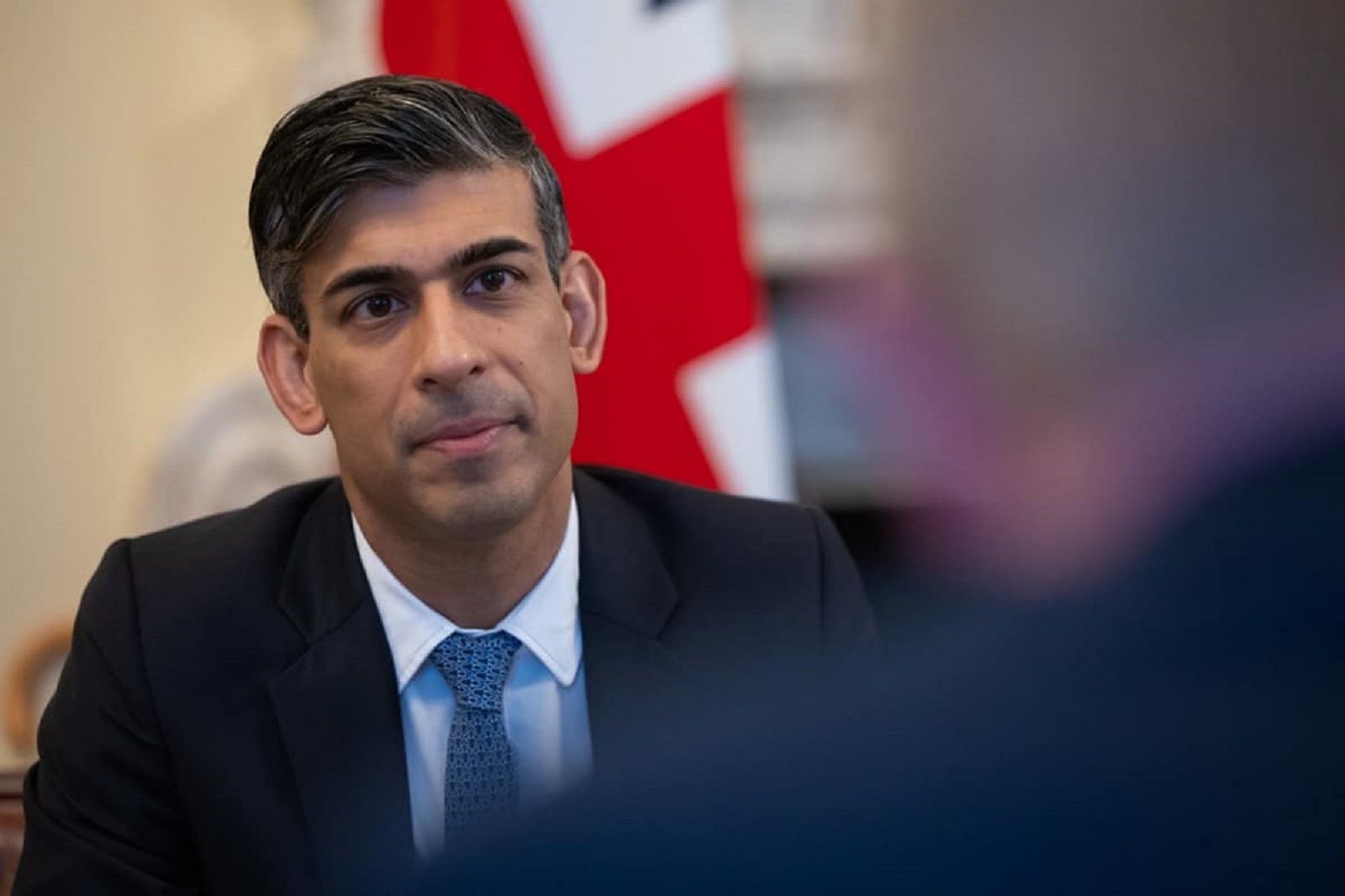
The survey, conducted among 2,016 individuals representative of the UK population, discovered that six out of every ten respondents advocate for a formal apology. Notably, this sentiment is particularly robust among younger age groups and Black individuals.
Reparatory Justice
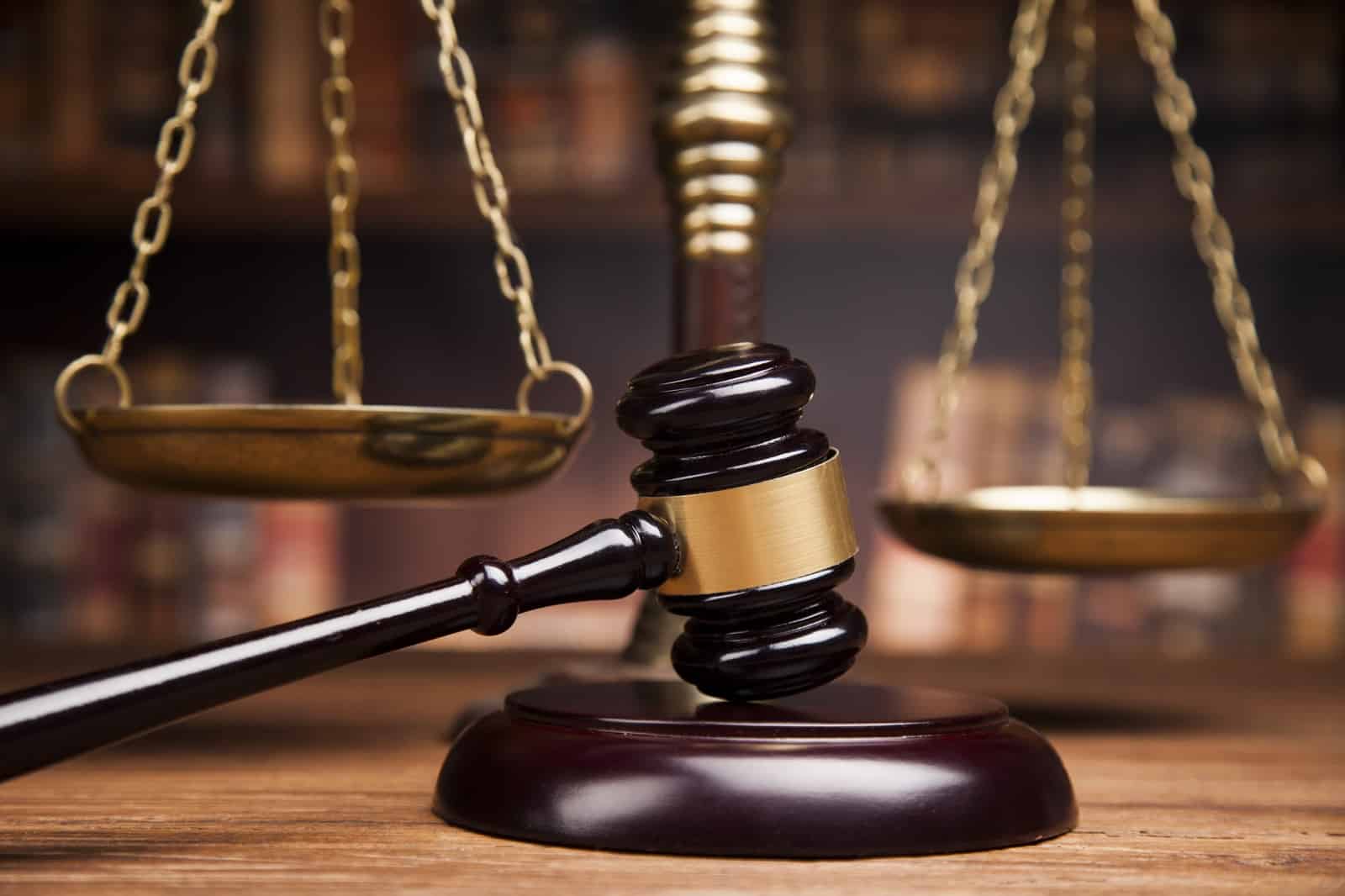
Denis O’Brien, founder of the Repair Campaign, stated, “It’s hugely encouraging to see the scale of support in the UK for an apology. The government and monarchy can no longer afford to ignore calls for reparatory justice.”
“Proceeds of Slavery”

He continued, “The UK’s extraordinary wealth was generated from free labour, free lands and the highly profitable proceeds of slavery.”
Who Should Pay?

The numbers in favour of an apology are remarkably consistent, considering the lack of education on the UK’s involvement in slavery. However, opinions diverged when respondents were asked about who should pay.
The Government vs Companies

While 56% believe the government should extend the apology, 51% suggest that organizations and companies historically profiting from exploitation should also participate.
The Royals
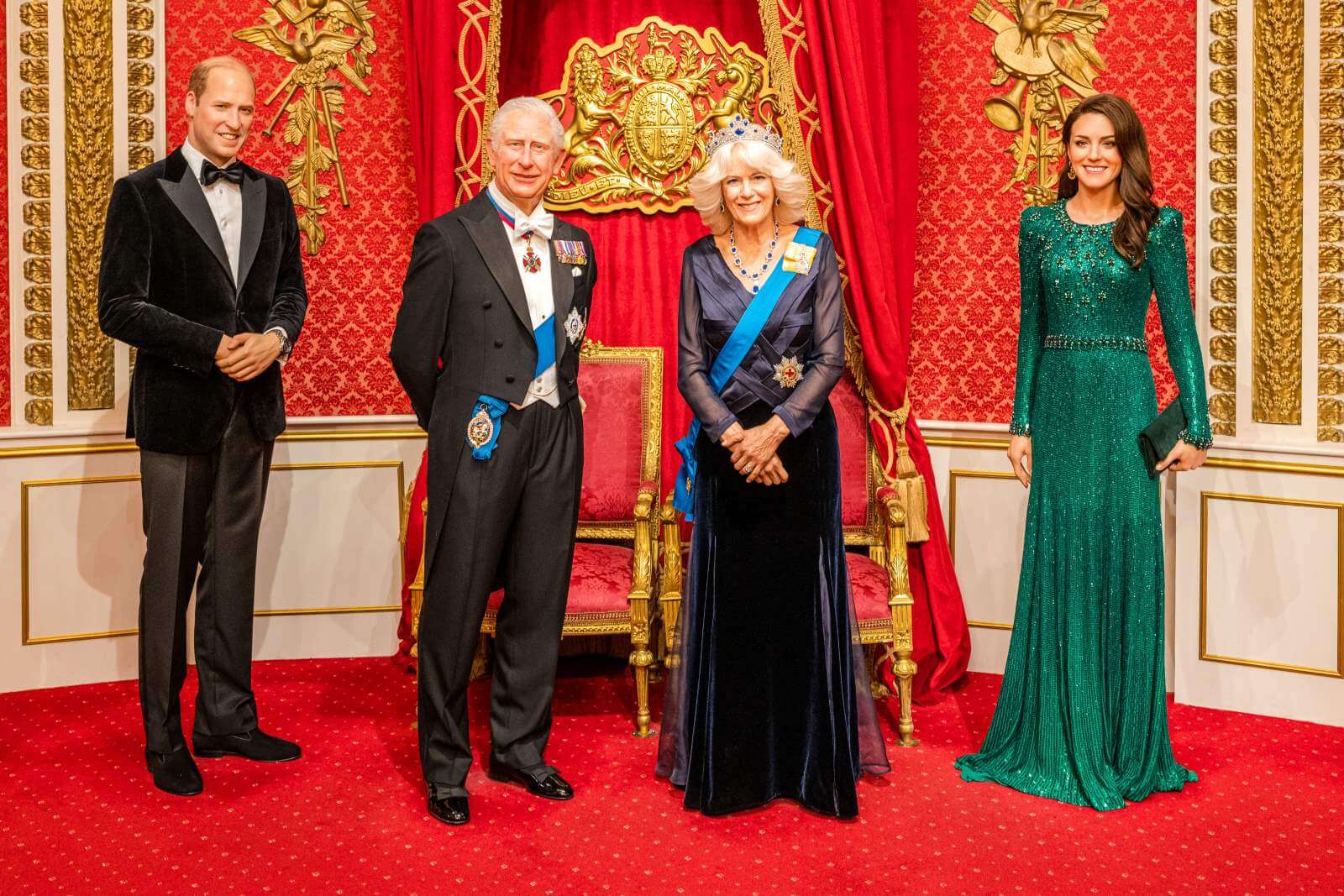
Additionally, 38% view the royal family as a suitable party for issuing apologies, and a significant minority—19%—advocate for collective apologies from all implicated groups.
Financial Compensation

The survey also delves into the contentious issue of financial compensation for the descendants of enslaved peoples.
Opinions Split

While opinions are split, with four in ten supporting financial reparations for Caribbean nations, half disagree.
The Nightmare of Slavery

However, among respondents of Caribbean descent, support for compensation is higher, indicating a stronger recognition of the enduring impacts of slavery and colonialism in the communities most affected by the nightmare of both.
Government Responsibility
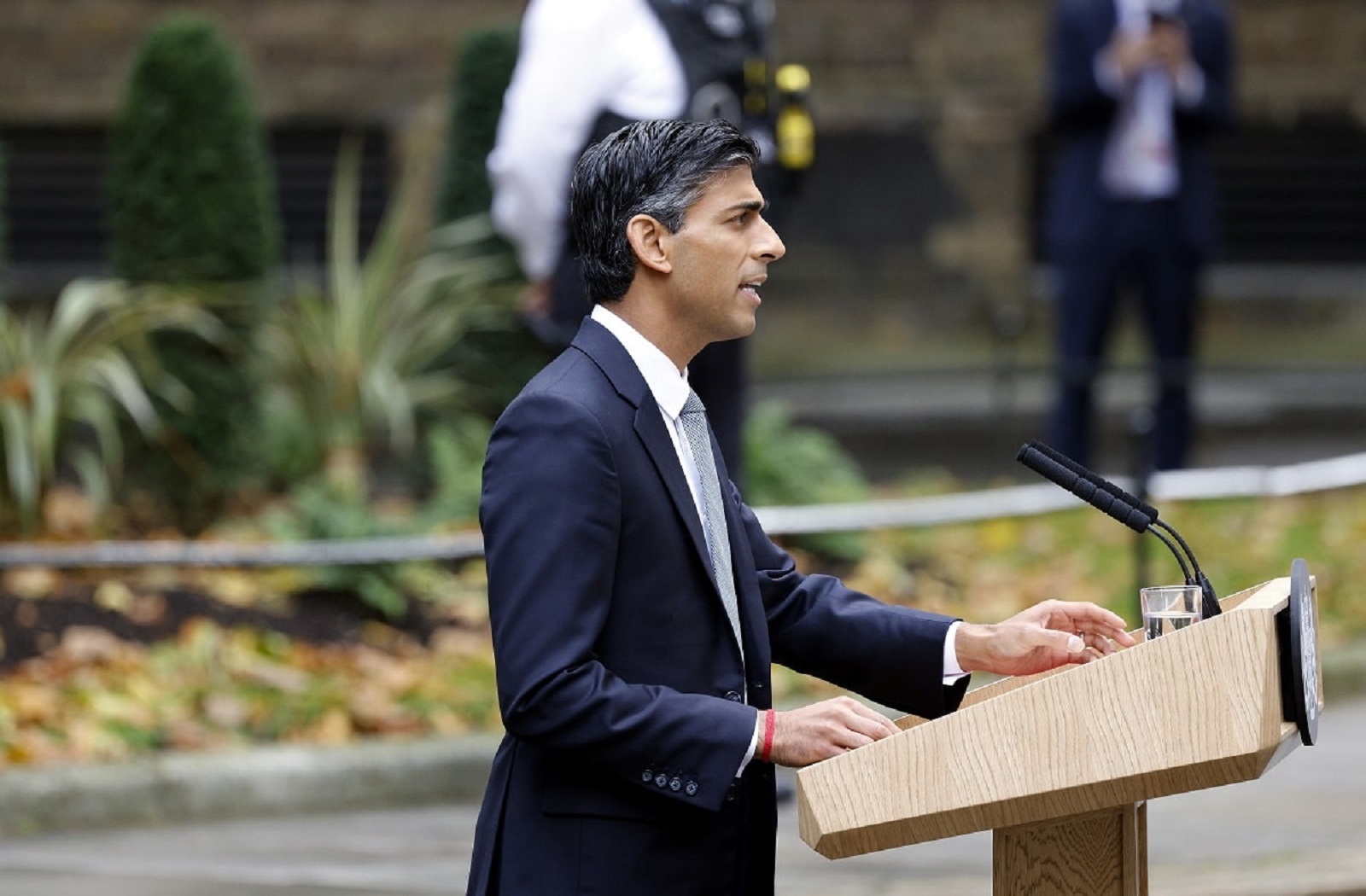
Perhaps unsurprisingly, a majority of those in favour of financial compensation believe it should be the government’s responsibility to pick up the tab.
£20 Million For Enslavers
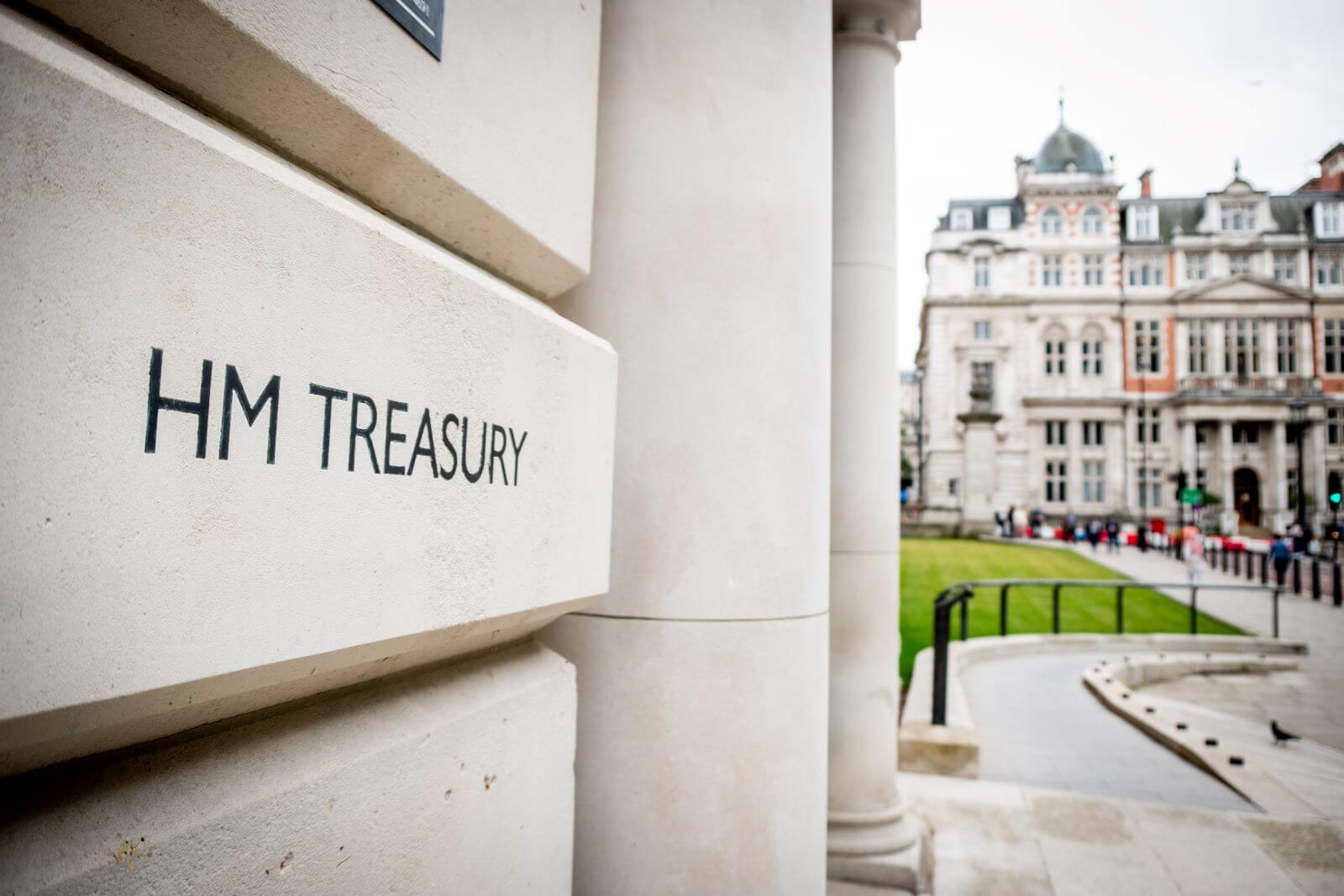
This is noteworthy because when the UK government outlawed slavery in 1883, the government paid the princely sum of £20 million to slave owners for the loss of their “property,” so it is perhaps fitting that the government that paid enslavers should also pay the descendants of enslaved people.
Catalyst for Change

The survey results have been met with approval by lawmakers such as Labour MP Clive Lewis, who sees them as a catalyst for a national dialogue on addressing the legacies of slavery and Empire.
“Open-Minded, Progressive and Reasoned Position”

Lewis stated, “These results give us the clearest indication yet of the open-minded, progressive and reasoned position that many of our fellow citizens have on the issue of reparatory justice.”
“Unresolved Legacies”

He continued, “This is a fantastic place to build on, to begin a nationwide conversation about tackling many of the unresolved legacies of 400 years of slavery and Empire. I take great heart from these results. Despite what some politicians and those on the right might say, it’s quite clear that the British public is ready to have this conversation.”
Dismal Awareness

The survey reveals the dismal level of awareness regarding the UK’s involvement in slavery and the enduring legacy of colonialism.
Three Hundred Years

Only half of the respondents reported being knowledgeable about the country’s extensive history of slavery spanning more than 300 years.
Historical Injustices

In light of the survey findings, it is evident that there is substantial support in the UK for acknowledging and addressing the historical injustices perpetrated during the era of transatlantic slavery.
Accountability and Reconciliation
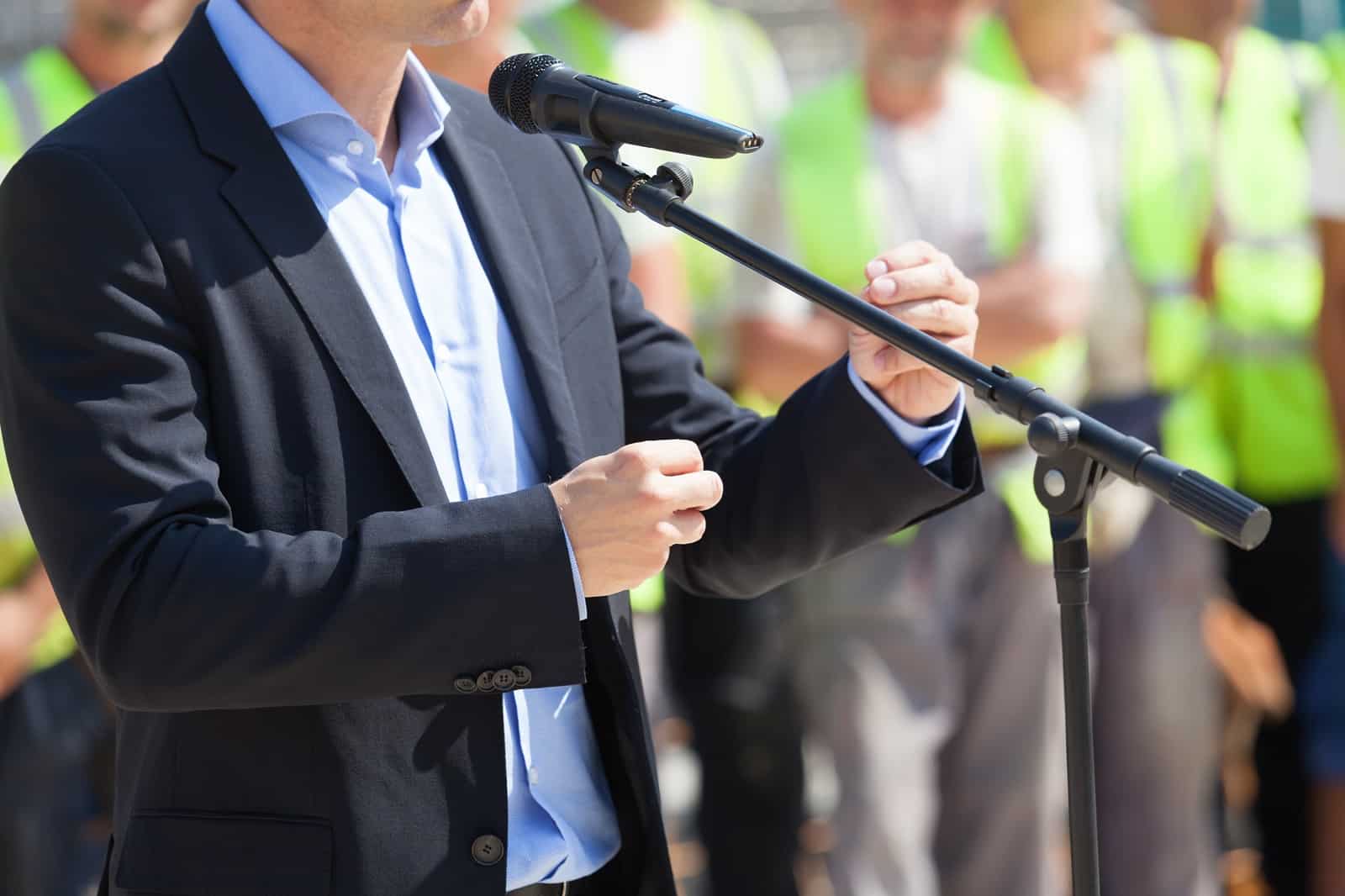
Calls for formal apologies and reparations reflect a growing recognition of the need for accountability and reconciliation.
Lives, Labour and Freedom

While some may baulk at the idea of paying for the crimes of their ancestors, the damage caused by the UK’s involvement over three centuries in the theft of lives, labour and freedom cannot be understated.
Making Amends
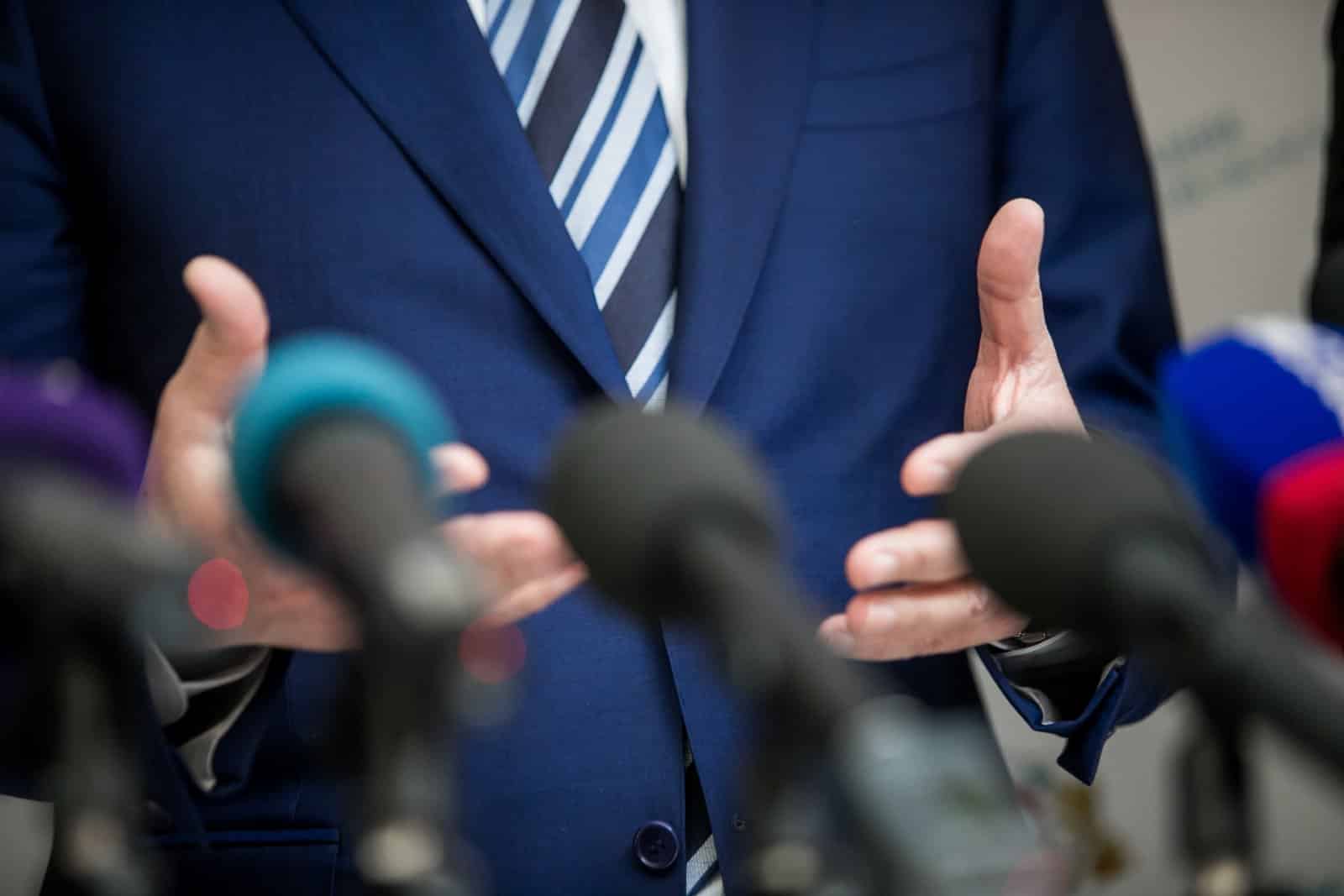
With governments willing to spend billions on new weapons of war or to bail out financial institutions, many view the relative cost of putting right several generations of inequality and injustice as trivial.
More Articles Like This…
Broken Britain: 12 Reasons Behind the UK’s Decline
Say the Unsayable: 10 Occasions When Farage Spoke His Mind About Britain
The post Should Reparations Be Paid to Slave Descendants? UK Survey Shows Growing Support first appeared on Edge Media.
Featured Image Credit: Shutterstock / Lomb.
Grant Gallacher is a seasoned writer with expertise in politics and impactful daily news. His work, deeply rooted in addressing issues that resonate with a wide audience, showcases an unwavering commitment to bringing forth the stories that matter. He is also known for satirical writing and stand up comedy.

